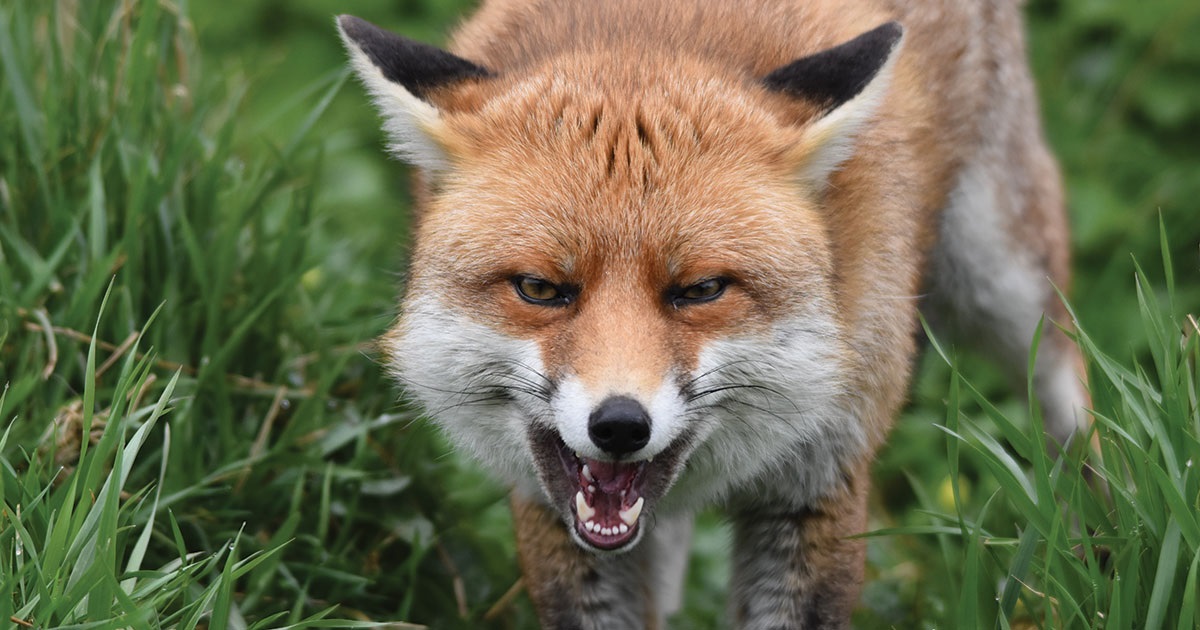Foxes
Foxes (Vulpes vulpes) were introduced to Australia by English settlers in the 1800s for sports hunting.
Foxes now live across most of the Australian mainland, with the exception of the far north. They live in both urban and rural areas.
Foxes have caused major declines in native mammals, birds, amphibians rodents and reptiles.
They cause serious economic damage to agricultural industries through predation on lambs, calves and poultry. They also carry disease, including hydatids and mange.

What can you do?
- Protect pets by fox proofing all small animal housing, including aviaries and chicken pens.
- Do not leave food (including pet food) accessible to foxes. Secure all rubbish bins.
- Protect livestock by installing electric fencing around enclosures and using fox proof housing or guard animals (llamas, donkeys or domestic dogs).
- Control foxes on your property. Assistance may be available to some landholders from NSW Local Land Services for baiting, trapping or den fumigation.
- Talk to your neighbours to collectively manage foxes.
Fox control
(JPG, 304KB)
Camera monitoring has recorded a number of foxes on Council-managed land at Sutherland Point (Cudgen Headland), Kingscliff.
Foxes have been recorded in numbers that will have a negative impact on biodiversity. In response, Council’s pest management wildlife protection program area has hired a specialist contractor to implement control works in priority areas.
All areas where control is being implemented will be clearly signposted, and all residents and visitors are asked to follow sign directions.
Sites are temporarily closed for public safety while works are in progress. Penalties apply for people who access sites against sign directions.